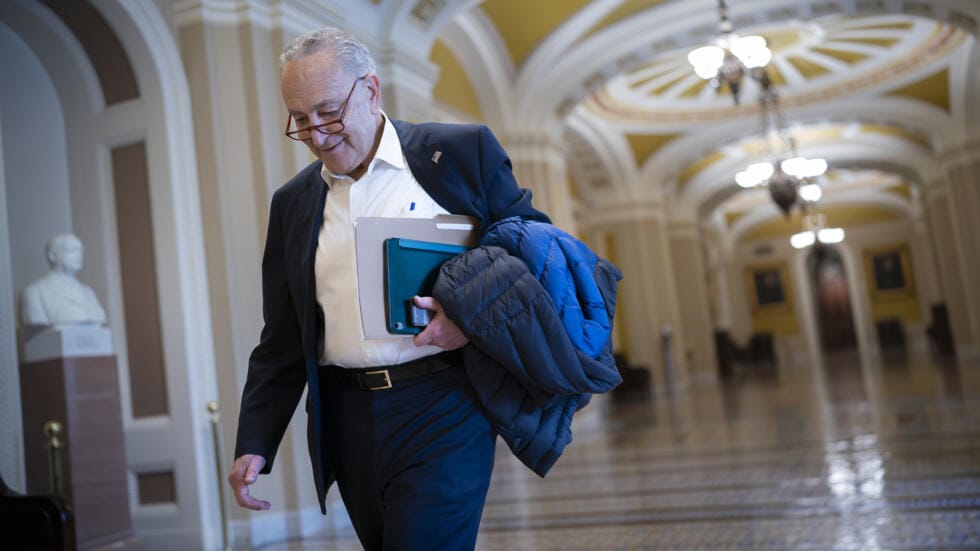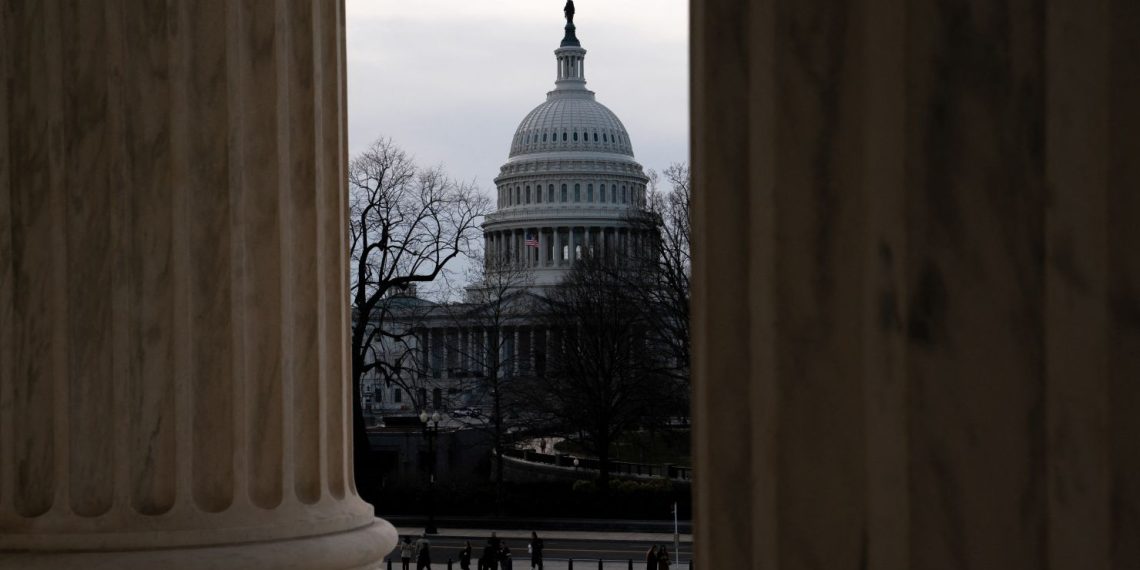The Senate has made significant progress in advancing a $95.3 billion foreign aid bill, despite facing criticism from House Speaker Mike Johnson and resistance from many House Republicans. The bill includes crucial assistance for Ukraine and Israel but faces an uncertain future in the House.
While the Senate has been moving forward with the bill, former President Trump’s opposition to foreign aid, unless structured as a loan, has added complexity to the situation.
Trump’s stance aligns with some House Republicans who oppose further aid to Ukraine. Speaker Johnson has strongly criticized the bill, citing its lack of border security provisions.
In response to Trump’s comments about NATO members needing to pay their dues or risk Russian aggression, some Senate Republicans have voiced support.
Sen. Tommy Tuberville expressed full backing for Trump’s stance, suggesting that European allies should be “very worried” about potential invasions and emphasizing the importance of self-reliance.
However, not all Republicans share this sentiment. Sen. Roger Marshall urged European allies to “get over it” and emphasized the need to prioritize securing the US border and addressing domestic issues before providing aid to others.
Despite the Senate’s efforts to advance the bill, Sen. Rand Paul has vowed to delay its passage, citing concerns about national debt. Paul’s obstruction could prolong the process, requiring time-consuming votes to reach final approval.

The aid package includes significant funding for Ukraine’s fight against Russia, security assistance for Israel, and humanitarian aid for Gaza, the West Bank, and Ukraine. Lawmakers are navigating the political landscape carefully, especially after Republicans blocked a broader bill combining foreign aid with a bipartisan border deal.
Trump’s ongoing opposition to traditional foreign aid structures further complicates the situation, highlighting the political challenges in providing support to US allies.





